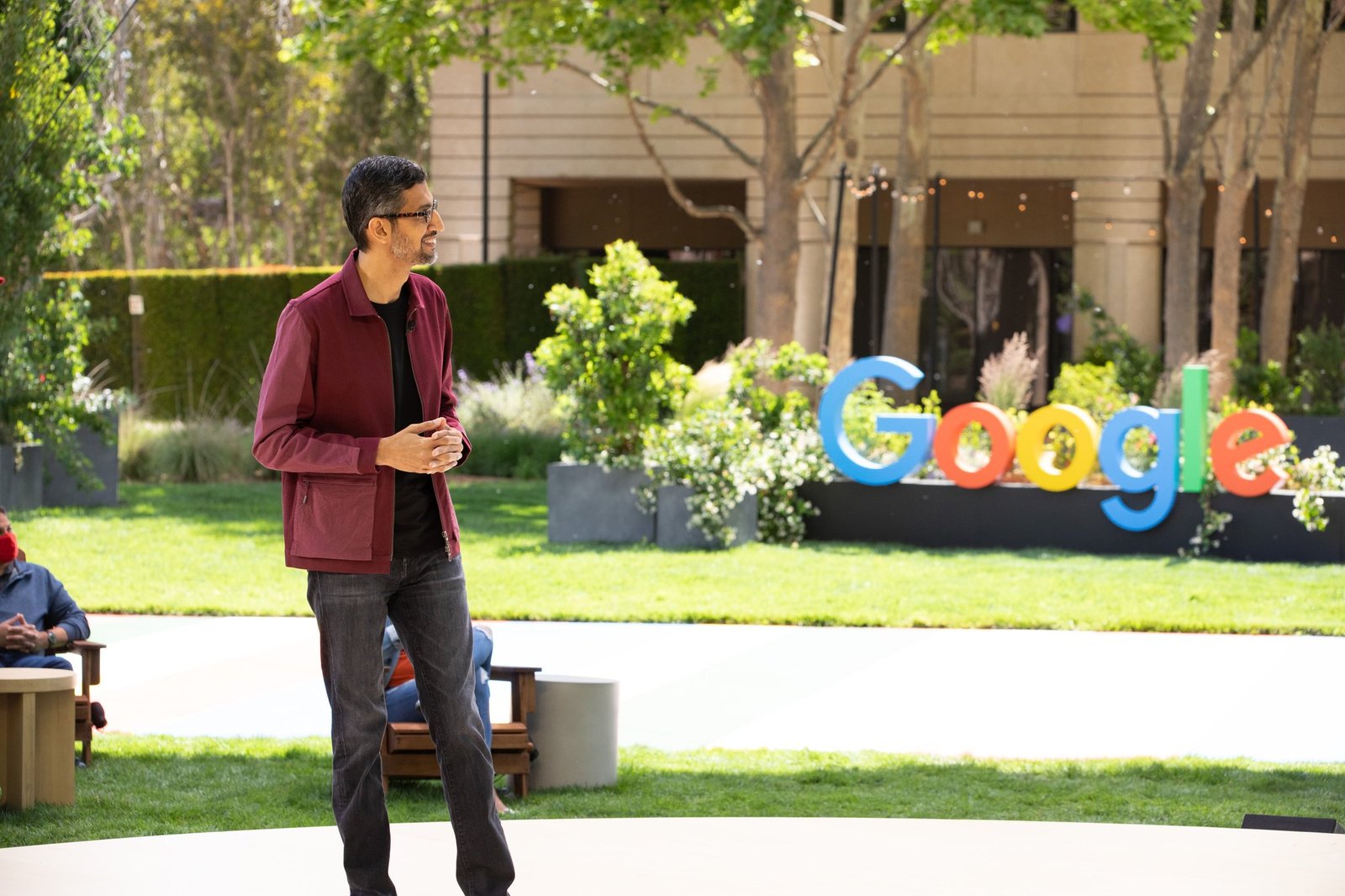Key Points:
- On Wednesday, the American technology giant Google Inc challenged the New IT Rules by India in the Delhi High Court saying that these rules are not applicable to its Search Engine.
- The case is of the obscene photographs of a woman that were circulated without her consent and Google was considered as the INTERMEDIARY.
- The case will again be heard on July 25 after a notice issued by the Court to the Delhi government, ISPAI, FB, the Porn site and the woman, submit their responses.
The Social Media giants like Facebook and WhatsApp and Twitter are facing quite a burn to their pockets and users due to the New IT Rules set up by the Indian Government.
The #SocialMediaBan has been circulating since the past few weeks and the owners of these giants are trapped in the new guidelines by the government.
Amidst this, on Wednesday, the American technology giant Google Inc challenged the New IT Rules by India in the Delhi High Court saying that these rules that are guided for the Digital Media are not applicable to its Search Engine. Google also asked the Delhi High Court to rule out the previous order that was passed by a bench headed by a single judge which applied to the company in relation to certain outrageous content posted on an internet pornography website.
In its plea, Google also mentioned that the judge who ruled the order had ‘Mischaracterised’ its Search Engine as ‘social media intermediary’ or ‘significant social media intermediary’ as stated under the new rules.
What is Social Media Intermediary?
The New Rules for the Information and Technology part of the country, a Social Media intermediary is defined as a catalyst that solely allows online interaction between two or more users and permits them to create, upload, share, spread, change or access information using its services.
The Case On Google:
- The case is in relation to a Woman’s Photographs that were uploaded on a Porn website without her consent;
- The upload was done by ‘Unknown People’;
- The court ordered the removal of the pictures but it couldn’t be completely removed;
- Apart from this, some people happily continued sharing the content on other sites;
- On April 20, the Delhi HC framed a template that said that the objectionable content must be removed within 24 hours of the order;
- The court ordered additional directions to the Search Engine to disable the access to the content by ‘de-indexing’ and ‘dereferencing” it in their listed search results;
- Amidst this, Google was considered as the intermediary to upload the content, to reach it to the audience and for audience to search for the photographs;
- The court said that Google must endeavour to employ pro-active monitoring by using automated tools, to identify and remove or disable access to any content which is exactly identical to the offending content that is the subject matter of the court order;
- Google was also asked to block worldwide search results in relation to the content;
- And, if Google would fail to do this, it was liable to surrender its exemption privilege under the IT Act.
It was then that Google said that the court ‘Mischaracterised’ the intermediary and said that the new IT laws are not applicable to its Search Engine. Google asked fir the removal of the observation by the judge that it was a ‘social media intermediary’. Google also, on its plea, asked for protection against any forcible action for not abiding with the template or the guideline.
The case will now be heard by a Delhi high court bench of chief justice DN Patel and justice Jyoti Singh who said that there wouldn’t be any interim order issued at this stage.
The case will again be heard on July 25 after a notice issued by the Court to the Delhi government, the Internet Service Providers Association of India (ISPAI), Facebook, the pornographic site and the woman submit their responses.

